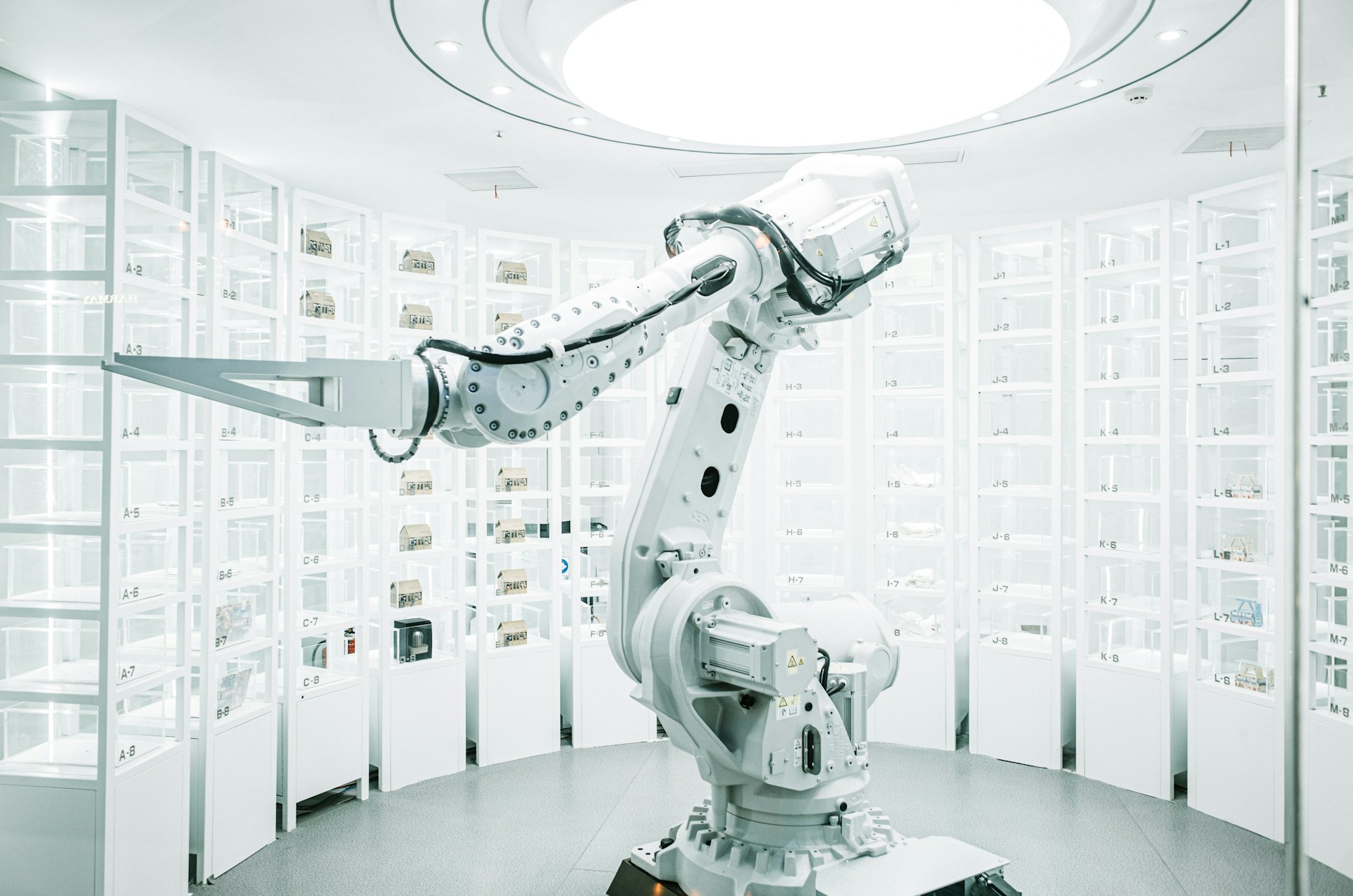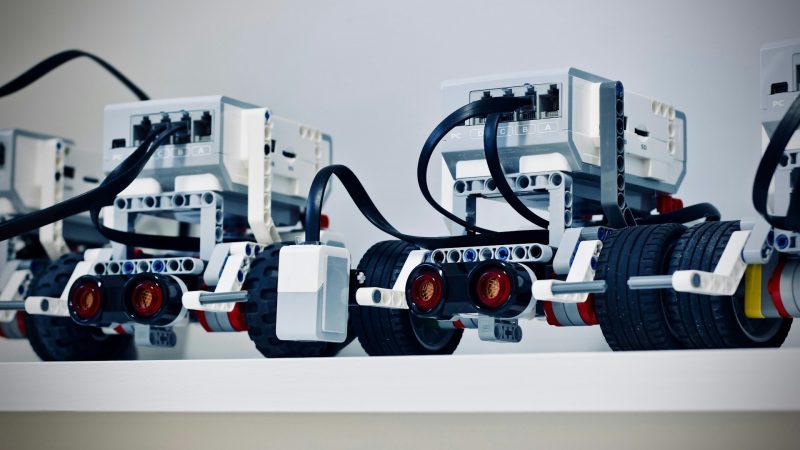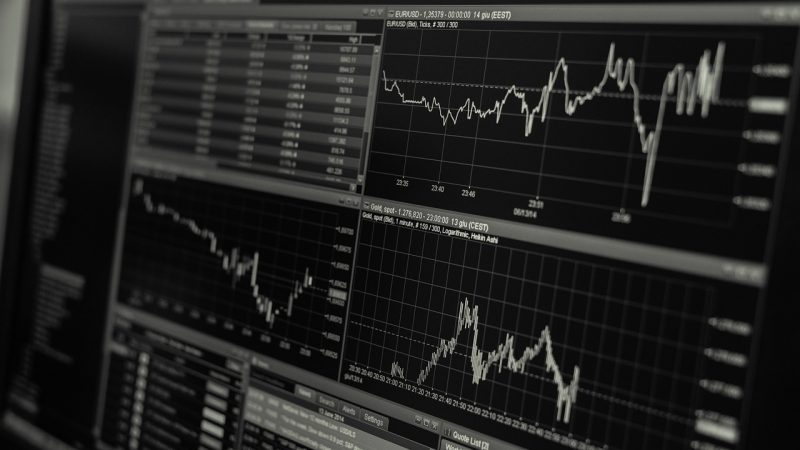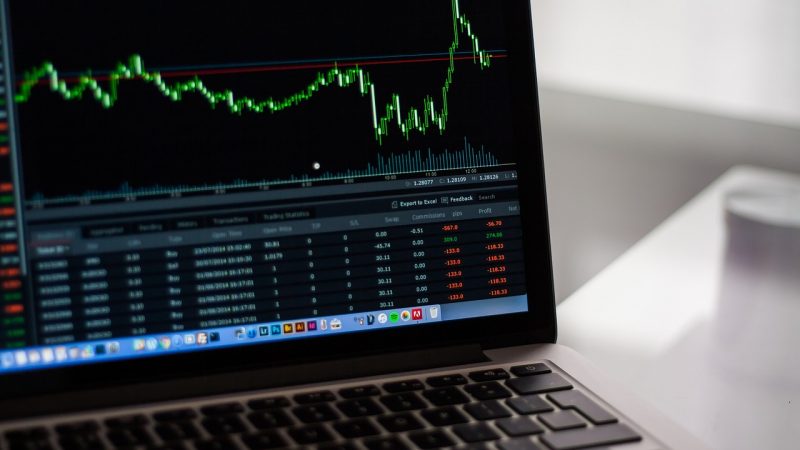AI’s Impact on U.S. Electric Demand

John Ketchum, CEO of NextEra Energy Inc NEE 0.22%, has made a bold prediction about the future of the U.S. electricity market, citing the rise of artificial intelligence (AI) as a major driving force.
Speaking at the CERAWeek energy conference in Houston, Ketchum forecasted an 81% increase in electricity demand over the next five years, as reported by Bloomberg on Monday. This surge is expected to be driven by AI, electrification, cloud computing, and chip manufacturing facilities.
Ketchum stated, “What you have today is an electricity demand that has been relatively flat for years, suddenly looking at an 81% increase” in the next five years.
This rapid rise in demand could further strain the power grids, which are already under pressure due to extreme weather events and the impacts of climate change.
Ketchum also predicted a significant rise in renewable energy generation, estimating a threefold increase or more to 370 to 450 gigawatts.
To meet this growing demand, NextEra has developed a system for identifying suitable locations for new data centers based on solar and wind resources and access to transmission lines.
Impact of AI on Electricity Demand
The surge in electricity demand is closely tied to rapid advancements in AI and the chip industry. Companies like Intel Corp INTC -0.14% have faced market challenges, leading to delays in chip manufacturing projects.
Meanwhile, Samsung Electronics Co SSNLF is adopting new chip manufacturing techniques to better compete in the high-end chip market, which is crucial for powering AI.
Additionally, the rise in electricity demand could also impact the semiconductor industry. Taiwan Semiconductor TSM 0.26% is considering expanding its advanced chip packaging capacity in Japan, a move that could significantly affect the global semiconductor industry.
These developments underscore the growing importance of AI and chip technology in driving various sectors, including energy and semiconductors, and the need for companies to adapt to these changes.





